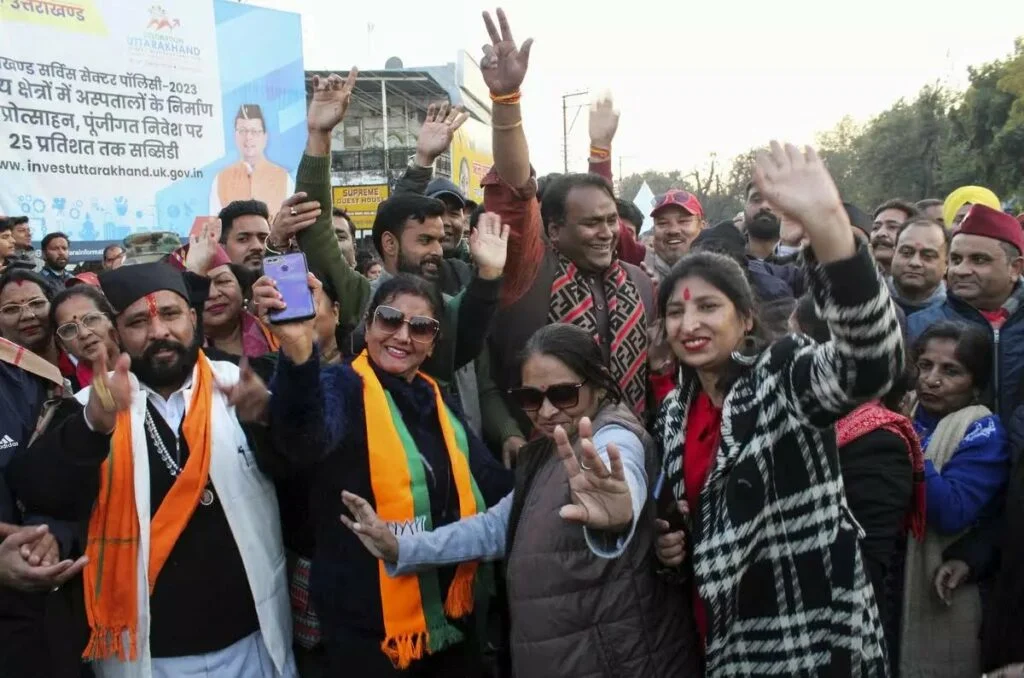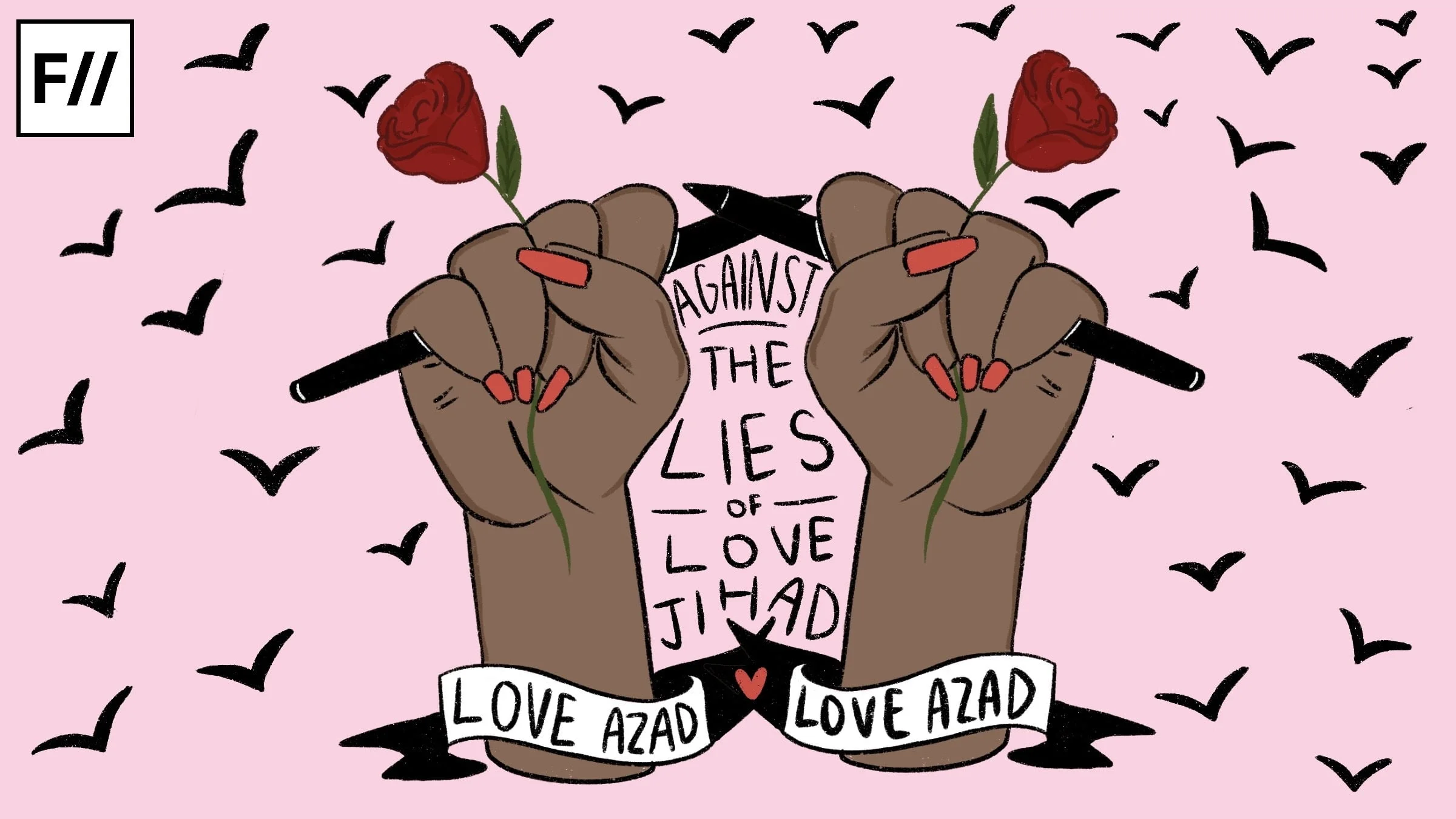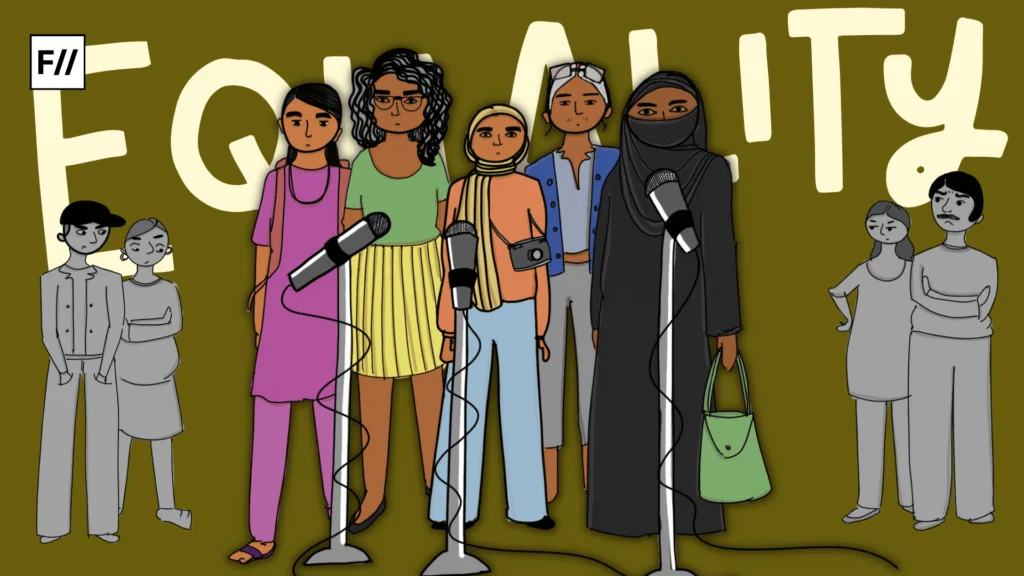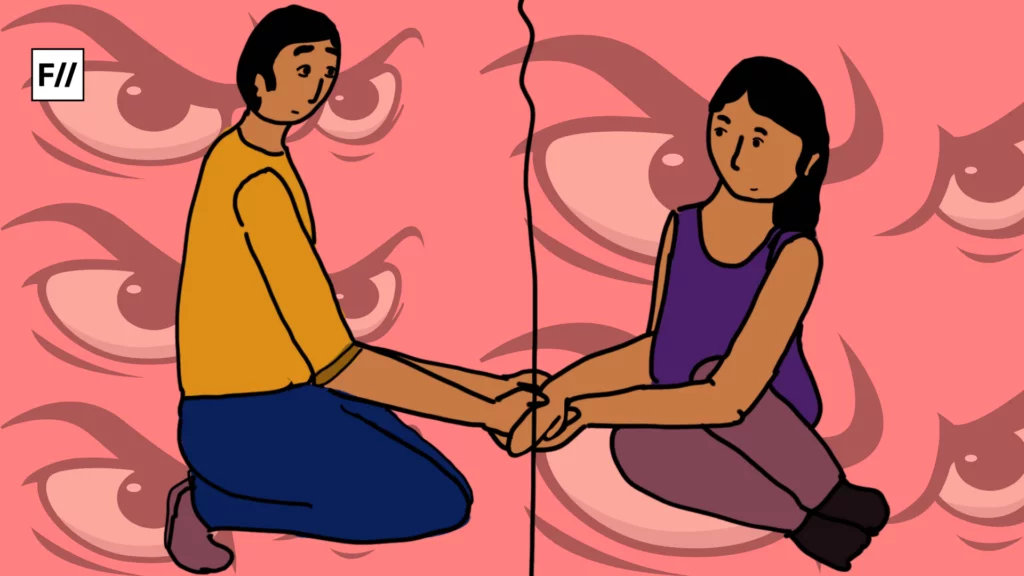The Cambridge Dictionary defines uniformity as ‘the quality or fact of being the same, or of not changing or being different in any way‘ The imposition of uniformity to formulate rules and regulations in a diverse country like India signifies the erosion of its traits and truth. The idea of aligning uniformity among citizens through the UCC appears synonymous with sheep being herded to a pasture. No matter how progressive in intent, any attempt to enforce uniformity risks alienating already disadvantaged communities (Dalits, Religious minorities, and LGBTQIA+ individuals) by privileging the dominant perspectives. The Philosopher Isaiah Berlin while discussing the idea of “Value Pluralism” aptly provides that human values and experiences are plural, defying any singular framework.
Uttarakhand and the Uniform Civil Code (UCC)
The Uniform Civil Code was implemented in the state of Uttarakhand on 27th January 2025. This marks the BJP-ruled Uttarakhand as the first state to implement UCC in independent India. Chief Minister Pushkar Singh Dhami officially announced the implementation of UCC at a program at his official residence in Dehradun, mentioning that with this the constitutional and civil rights of the people across all religions have become uniform.
Chief Minister Pushkar Singh Dhami officially announced the implementation of UCC at a program at his official residence in Dehradun, mentioning that with this the constitutional and civil rights of the people across all religions have become uniform.
This implementation will establish a singular set of rules that would manage civil matters across all religions except for the people from Scheduled tribes. The UCC Bill of 2024 specifically mentioned ‘Nothing contained in the bill shall apply to the members of any Scheduled Tribe‘. This mentioned favouritism to a certain population indicates an undertone of UCC being an instrument to undermine the cultural and religious practices of another section of the population.

CM Dhami while announcing the initiative mentioned that UCC is a constitutional means to end discrimination and its implementation would surely ensure women’s empowerment in the true sense. One is compelled to interrogate the historical stances of the Dhami and his policies to understand his enthusiasm to create a uniform society. In June 2023, Dhami called out for a background check policy to live in the state.
He specified this would surely curtail the rising case of “Love Jihad” in “Devbhoomi”. The sentiments vividly portray an anti-minority stance along with an attempt to regulate women and their autonomy. Therefore, rather than being an empowering measure in society, the UCC appears as an instrument in the hands of the executives to intervene in the private spheres of the individuals, especially the already marginalised section.
State surveillance and the regulation of personal relationships
One of the most contentious aspects of this implementation is the registration of live-in relationships. Under the law, ‘it shall be obligatory for partners to a live-in relationship within the state, whether they are residents of Uttarakhand or not, to submit a statement of live-in relationship under …‘. Failure to do so within a month of moving together, will attract imprisonment upto three months or fine upto ten thousand or both.
The registrar has the authority to verify details before issuing a registration certificate and can even deny registration if certain criteria are not met.
The registrar has the authority to verify details before issuing a registration certificate and can even deny registration if certain criteria are not met. However, the law does not mention what happens if a couple is denied registration. Are they expected to part ways? Or does choosing to continue their relationship without the State’s approval make them liable to legal action? The deliberate ambiguity within the law leaves room for excessive State meddling in the private spheres of individuals and undermining their privacy and autonomy.

At its core, this law is an intrusion instrument being used by the State to regulate and check the personal lives of its citizens. It is unprecedented for a democratically elected government to get involved in relationships of two consulting adults, requiring them to lay bare their private affairs for government approval. The over-excessive State which should not have even tracked the relationships, is even validating its legality or illegality.
Facilitating patriarchy under the guise of empowerment
While the UCC is being celebrated for being a pro-women reform, a closer examination reveals that its implementation would reinforce the patriarchal norms and practices under the disguise of a liberating tool. The necessary mandate for live-in relationships will affect women’s autonomy to a great degree, exposing them to societal judgment and family control.
The process of data collection is not a neutral act, this would require the details of both the partners; making women’s personal choices a matter of public record. In a society that still views live-in relationships as taboo, this public visibility opens women up to forms of oppression—financial coercion, disinheritance, social ostracisation, and even violent repercussions such as honor killings. The mandatory registration forces women into a societal structure that polices them morally and socially.
Maintaining a record of couples would also expose interfaith and intercaste couples in the public domain.
Maintaining a record of couples would also expose interfaith and intercaste couples in the public domain. This mechanism of expanding state surveillance into the private domain undermines autonomy, exposes women and marginalised groups to greater risks, and facilitates the broader right-wing agenda of controlling interfaith and inter-caste relationships.

While it claims to be a step toward equal and uniform societal structure, it is nothing but an attempt to reinforce societal hierarchies. The publically available data of private couples would allow organisations affiliated with right-wing Hindutva ideologies like Bajrang Dal, Vishwa Hindu Parishad, and Bhairav Sena to surveil interfaith (often targeted as “love jihad”) and intercaste couples, significantly compromising their safety.
The selective uniformity of UCC
Apart from being a highly intrusive and discriminatory document, the law stands blind to the presence of LGBTQIA+ individuals residing in the state. The scope of the laws, rules, regulations, and norms mentioned in the document spans only to the heteronormative couples and individuals. This deliberate invisiblisation of queer individuals from the process of law-making is a clear attempt to undermine their existence. The so-called uniformity which is supposed to regulate civil matters across religions is completely oblivious to the relationships and marriages of queer individuals.
The law solely describes the ideology and working of the ruling party, the one which formulated this law. Anti-minority, patriarchal norms, and apathy to the existence of queer individuals make the foundation for the working of the party as well as of the UCC in Uttarakhand. It is astonishing to note that the government of a state, where 21,000 applications were received for just 24 home guard posts wherein applicants with PG degrees constituted 70%, is more keen on intruding into the private spheres of autonomy rather than focusing on employment policies.
In his two-volume celebrated work Democracy in America (1835, 1840), Alexis de Tocqueville provided the ‘tyranny of the majority‘ as the greatest threat to democracy, warning that the majority’s dominance could suppress minority voices and override their rights. His concern remains relevant today: can a majority impose its will upon an unwilling minority?
The selective uniformity, with an undercurrent of discrimination and disadvantaging the marginalised and minority section strengthens the hold of the majority over the social, legal, political, and civil domains.
The implementation of the Uniform Civil Code (UCC) in Uttarakhand alarms us with the same questions. The selective uniformity, with an undercurrent of discrimination and disadvantaging the marginalised and minority section strengthens the hold of the majority over the social, legal, political, and civil domains.

The debate around the Uniform Civil Code and its scope of application in the Indian context has a long-standing history. During an important constituent assembly debate, dated 23rd November 1948, which also saw a tussle between majority rules and minority rights of a budding democracy, Babasaheb mentioned, ‘It is perfectly possible that the future Parliament may make a provision by way of making a beginning that the Code shall apply only to those who make a declaration that they are prepared to be bound by it, so that in the initial stage the application of the Code may be purely voluntary.‘.
This acknowledgment of Babasaheb reflects an understanding that legal reforms, particularly those affecting deeply ingrained personal and religious practices, must be gradual and consensual.
The UCC’s introduction in Uttarakhand, however, does not follow this principle. Instead of offering individuals and communities the choice to opt in, the law has been implemented universally.
The UCC’s introduction in Uttarakhand, however, does not follow this principle. Instead of offering individuals and communities the choice to opt in, the law has been implemented universally. This practice of normalising uniformity raises grave concerns and undermines the ideals of a democracy; consultation, deliberation, and participatory governance. In a democracy, where the State and its institutions derive legitimacy from citizens in its territory, should the voices of the marginalised not be at the center of the decision-making process?
About the author(s)
Harsh Bodwal teaches Social Science and English at a CBSE-affiliated school and holds an MA degree in Political Science from Jawaharlal Nehru University. His research explores how caste, patriarchy, and capital intersect with the various institutions to shape and often constrain democratic processes.





